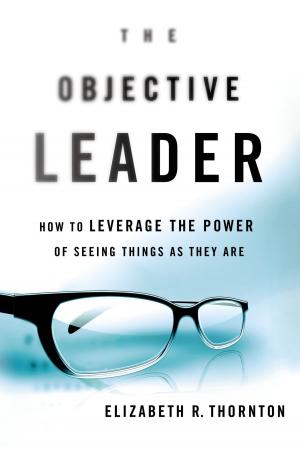Death by Fame
A Life of Elisabeth, Empress of Austria
Nonfiction, History, Austria & Hungary, Biography & Memoir, Royalty| Author: | Andrew Sinclair | ISBN: | 9781250100870 |
| Publisher: | St. Martin's Press | Publication: | October 13, 2015 |
| Imprint: | St. Martin's Press | Language: | English |
| Author: | Andrew Sinclair |
| ISBN: | 9781250100870 |
| Publisher: | St. Martin's Press |
| Publication: | October 13, 2015 |
| Imprint: | St. Martin's Press |
| Language: | English |
"A well-written, thoroughly researched story of a popular and beautiful empress, who, while self-indulgent, sought a life of privacy and peace, and showed sympathy and charity toward the poor." - Kirkus Reviews
In 1898 Luigi Lucheni fatally stabbed Elisabeth, Empress of Austria, on Lake Geneva as she prepared to board a steamer from the Mont Blanc pier. Her life had been one of both profound sadness and inspiring perseverance; and in its course she set the style for the royal rebels who would follow her, particularly the late Diana, Princess of Wales.
While still a child, Elisabeth was married to the Hapsburg prince Franz Josef, heir to the Austrian Empire. She gave him three children; one of whom, Crown Prince Rudolf, would later commit suicide at Mayerling. Finding the atmosphere of the Austro-Hungarian court stifling, the increasingly erratic empress traveled incessantly. Abandoning her husband to the attentions of the Viennese comic actress Katharina Schratt, Elisabeth went on errands of mercy to the docks and slums of London and Liverpool, Barcelona and Naples, Smyrna and Marseilles. She was the despair of local police, who could not protect her, even though she wore disguises. She supported independence movements in Ireland, where she hunted superbly alongside her close companion, the English cavalryman "Bay" Middleton; and also in Hungary, an integral part of her husband's deteriorating empire.
When Lucheni assassinated the empress, he killed the most alluring royal figure of the Victorian age. But fame was her real executioner. Her celebrity had led to her death. Elisabeth had been driven into loneliness until she had lost all sense of reality, pursuing a desperate liberty that a confined marriage would never allow her.
"A well-written, thoroughly researched story of a popular and beautiful empress, who, while self-indulgent, sought a life of privacy and peace, and showed sympathy and charity toward the poor." - Kirkus Reviews
In 1898 Luigi Lucheni fatally stabbed Elisabeth, Empress of Austria, on Lake Geneva as she prepared to board a steamer from the Mont Blanc pier. Her life had been one of both profound sadness and inspiring perseverance; and in its course she set the style for the royal rebels who would follow her, particularly the late Diana, Princess of Wales.
While still a child, Elisabeth was married to the Hapsburg prince Franz Josef, heir to the Austrian Empire. She gave him three children; one of whom, Crown Prince Rudolf, would later commit suicide at Mayerling. Finding the atmosphere of the Austro-Hungarian court stifling, the increasingly erratic empress traveled incessantly. Abandoning her husband to the attentions of the Viennese comic actress Katharina Schratt, Elisabeth went on errands of mercy to the docks and slums of London and Liverpool, Barcelona and Naples, Smyrna and Marseilles. She was the despair of local police, who could not protect her, even though she wore disguises. She supported independence movements in Ireland, where she hunted superbly alongside her close companion, the English cavalryman "Bay" Middleton; and also in Hungary, an integral part of her husband's deteriorating empire.
When Lucheni assassinated the empress, he killed the most alluring royal figure of the Victorian age. But fame was her real executioner. Her celebrity had led to her death. Elisabeth had been driven into loneliness until she had lost all sense of reality, pursuing a desperate liberty that a confined marriage would never allow her.















